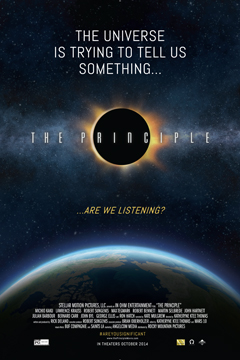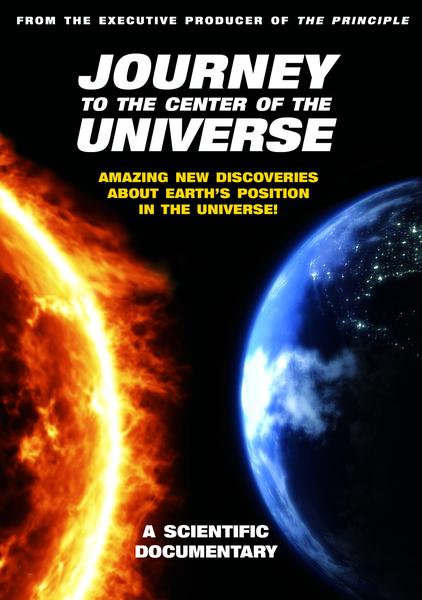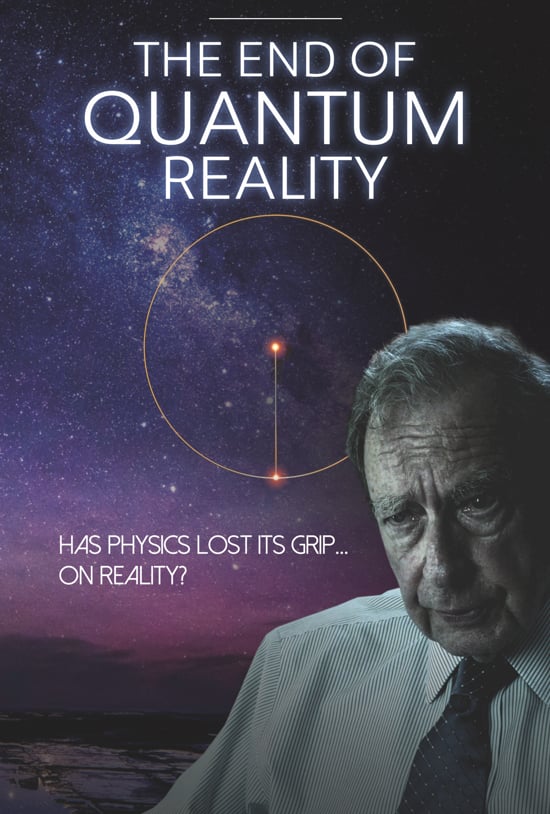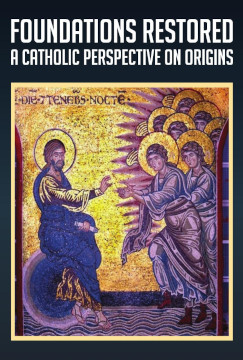- Welcome to St. Isidore forum.
Recent posts
#91
General Discussion / Re: Ernest Hello and Leon Bloy
Last post by Geremia - June 08, 2023, 12:59:00 PMQuote from: ptlopes on June 07, 2023, 04:05:52 PMGarrigou-Lagrange converted after reading one of his booksThe Sacred Monster of Thomism p. 9:
Quote from: Peddicord, O.P.the young Garrigou-Lagrange began studies at the University of Bordeaux in 1896. While at Bordeaux he experienced a profound religious awakening, occasioned, as it were, by his reading Ernest Hello's L'Homme: la vie — la science — l'art.
Quote from: ptlopes on June 07, 2023, 04:05:52 PMDoes anyone know if Ernest Hello was into luciferian ideas apparently as well as Bloy?Catholic Encyclopedia "Ernest Hello":
Quote from: OttenHello rejected the method inaugurated by [Rosicrucian?] Descartes and generally adopted in the systems of that day, making use, instead, of the principles of theology and philosophy as found in Scripture.It seems Hello was a practicing Catholic.
#92
General Discussion / Ernest Hello and Leon Bloy
Last post by ptlopes - June 07, 2023, 04:05:52 PMHey everyone,
Leon Bloy was a French author, held in high esteem among many traditional Catholics, who espoused many strange ideas which some regard as luciferian.
Ernest Hello was another French author, who wrote about Philosophy and Theology. Garrigou-Lagrange converted after reading one of his books and St. John Mary Vianney once said that his genius came from God. Hello was a kind of master to Bloy. The two men gave credit to the alleged visions of Anne-Marie Boulé, an ex-prostitute, and apparently were into milenarian ideas.
Does anyone know if Ernest Hello was into luciferian ideas apparently as well as Bloy?
Best,
Pedro
Leon Bloy was a French author, held in high esteem among many traditional Catholics, who espoused many strange ideas which some regard as luciferian.
Ernest Hello was another French author, who wrote about Philosophy and Theology. Garrigou-Lagrange converted after reading one of his books and St. John Mary Vianney once said that his genius came from God. Hello was a kind of master to Bloy. The two men gave credit to the alleged visions of Anne-Marie Boulé, an ex-prostitute, and apparently were into milenarian ideas.
Does anyone know if Ernest Hello was into luciferian ideas apparently as well as Bloy?
Best,
Pedro
#93
Philosophy / Re: Declaration of Independenc...
Last post by Geremia - May 10, 2023, 04:37:05 PMQuote from: Kephapaulos on May 09, 2023, 10:08:22 PMThat is naturalism and barbarism.I ❤️ Fr. Fahey's insistence that society originates from man's (social and rational) nature, not from an instinct (as in a "society" of bees or ants) nor from an artificial social construct.
#94
Philosophy / Re: Declaration of Independenc...
Last post by Kephapaulos - May 09, 2023, 10:08:22 PMThat is naturalism and barbarism.
#95
Philosophy / Re: Declaration of Independenc...
Last post by Geremia - May 07, 2023, 06:47:58 PM@
Quote from: Geremia on October 17, 2016, 09:00:53 AMMadison et al. were clearly deists/materialists, influenced by Newton in their idea of "justice" as a "balancing of (vector) forces" between opposing "factions;" the more opposing "factions," the more balanced ("just") the country will be. They think citizens are like molecules in an ideal gas! Improving the system by statistical analysis, not the perfection of the citizens, is their solution.Fr. Fahey treats this topic excellently in The Mystical Body of Christ and the Reorganization of Society, §"Economic laws become exclusively physical laws":
QuoteThis doctrine, according to which moral nature is reduced to physical nature and which holds that political and moral laws flaws in the first and second sense mentioned above) are merely laws of social physics (laws in the third sense) is termed mechanism or materialism. Politics in this system is merely the art of conforming the conduct of societies and the laws of states to the physical laws so discovered and formulated.
#96
General Discussion / Re: OpenAI Whisper audio trans...
Last post by Geremia - April 30, 2023, 02:52:57 PMDid you do the transcription, or does SoundCloud do it?
#97
General Discussion / OpenAI Whisper audio transcrip...
Last post by Strider3000 - April 11, 2023, 12:26:12 PM...is insanely good:
From soundcloud at about minute 3:00.
Code Select
He made arguments from Athanasius against Apollinarius.
He said, what God did not become, He did not save.
God became man and united Himself to humanity so that we might be united to God.
Therefore, if God really united Himself to a true humanity and became a human being,
then He truly assumed not only a body but also a soul and had a mind and a will.
And that became orthodoxy.
And those are readings in your units to read Gregory of Nazianzus' short letter
where he famously argues this against Apollinarius.
However, it is important because when we get to the next controversy in Nestorius,
which is the major Christological controversy in the ancient world,
Nestorius is in a way, he falls into error, but he is writing against Apollinarius.
He wants to safeguard the full reality of the humanity of Jesus.
Jesus is a fully human being, body and soul, having a mind and a will that are human.
Well, he also wants to safeguard against Arius that Jesus is truly God,
that the Son, the Logos, is truly God.
So, in a way, Nestorius is a good guy in his intentions, kind of.
But it is not enough to believe against Apollinarius that Jesus is truly human,
with a body and soul, and against Arius that Jesus is truly divine.
You also cannot get on the wrong side of the Mother of God.
And that is what Nestorius did. He got on the wrong side of the Mother of God.
They don't call her the Scepter of Orthodoxy for nothing.
Okay, well, anyway.
Anyway, so, the Nestorian controversy breaks out in 428.
So, we are like a hundred years later.
We have jumped a hundred years ahead.
And it breaks out because of the title that is being used by the people of God in the liturgy,
Theotokos, which I am sure you have heard.
T-H-E-O-T-O-K-O-S
Which means literally, She who bears God, or the Mother of God, the Bearer of God.
People of God are calling Mary the Theotokos, the Mother of God.
And Nestorius rejected. He was the Archbishop of Constantinople.
So, number two in the church, right? You've got Rome and you've got Constantinople.
And he is the Archbishop, the Patriarch.
And he rejects the use of this title in the liturgy, Mother of God.
From soundcloud at about minute 3:00.
#98
Fides et Ratio / BSI science conference Februar...
Last post by Geremia - April 06, 2023, 05:05:51 PM #99
General Discussion / Re: Liturgy Led by Lay People
Last post by JuanaGarcia - March 31, 2023, 09:38:59 PMQuote from: wandering_cath on January 25, 2023, 03:36:35 PMToday in the current Church environment, they are advancing lay-led liturgies of the Word, that is, a celebration which is akin to a mass, but said by a lay person and without the sacrificial elements nor the consecration.The Missa Sicca, also known as the "Dry Mass," is a term used to describe a simulated or symbolic Mass that is performed outside of a formal liturgical setting. This practice is typically associated with military or emergency situations, where access to a priest or proper liturgical materials may be limited.
Such lay led liturgies or "Sunday Celebrations in the Absence of a Priest" can also have distribution of pre-consecrated Hosts.
This is one such example: Diocese of Portland
Some dioceses even have approved rites for this: Diocese of Hamilton
I have searched for the origins of such practice, but to no avail. I find references to the missa sicca and similar like missa nautica and missa venatoria.
William Durandus speaks of the dry mass, in Rationale Divinorum Officiorum, Book 4, Chapter I, p. 23 (available in English by Fons Vitae - that book is an incomplete translation by Fr. Rama Coomaraswamy), but as a practice of priests.
Is there any historical reference to this practice of having lay people do this kind of practice?
While the Missa Sicca is primarily associated with priests and religious figures, there is some evidence to suggest that laypeople may have also participated in this practice in certain circumstances. For example, in some historical accounts, laypeople are said to have performed the Missa Sicca during times of war or persecution when access to priests was limited.
However, it's worth noting that the Missa Sicca is not a widely recognized or sanctioned practice within the Catholic Church, and it's not clear how common or widespread the involvement of laypeople was in this practice throughout history.
#100
Theology / William of Tocco’s Life of St....
Last post by Geremia - March 31, 2023, 04:54:37 PM
"All who desire to know Saint Thomas personally would do well to read this striking account of his life." —Fr. Paul Robinson
This book was used as part of the canonization process for St. Thomas Aquinas. It is published in English for the first time in history by Angelus Press and translated by David Foley.
While most Catholics are familiar with the writings of St. Thomas Aquinas, little is known about the saint himself... until now. This insightful biography of St. Thomas Aquinas appears for the first time in English after its composition seven centuries ago. Its author, Brother William of Tocco, used his own contact with the saint and interviews with many who knew him to set down his life.
In this easy-to-read translation, you will find the remarkable story of the life of the Angelic Doctor, including his imprisonment by his family; his incredible powers of abstraction and memory; his refutation of heresies and his heroic virtues; his levitation and other miracles; and his holy death.
This book gives a charming eyewitness account of the unseen life of St. Thomas Aquinas and helps us better understand the family, friends, and era that produced one of the greatest theologians of all time.
Hardback, pp. 227






